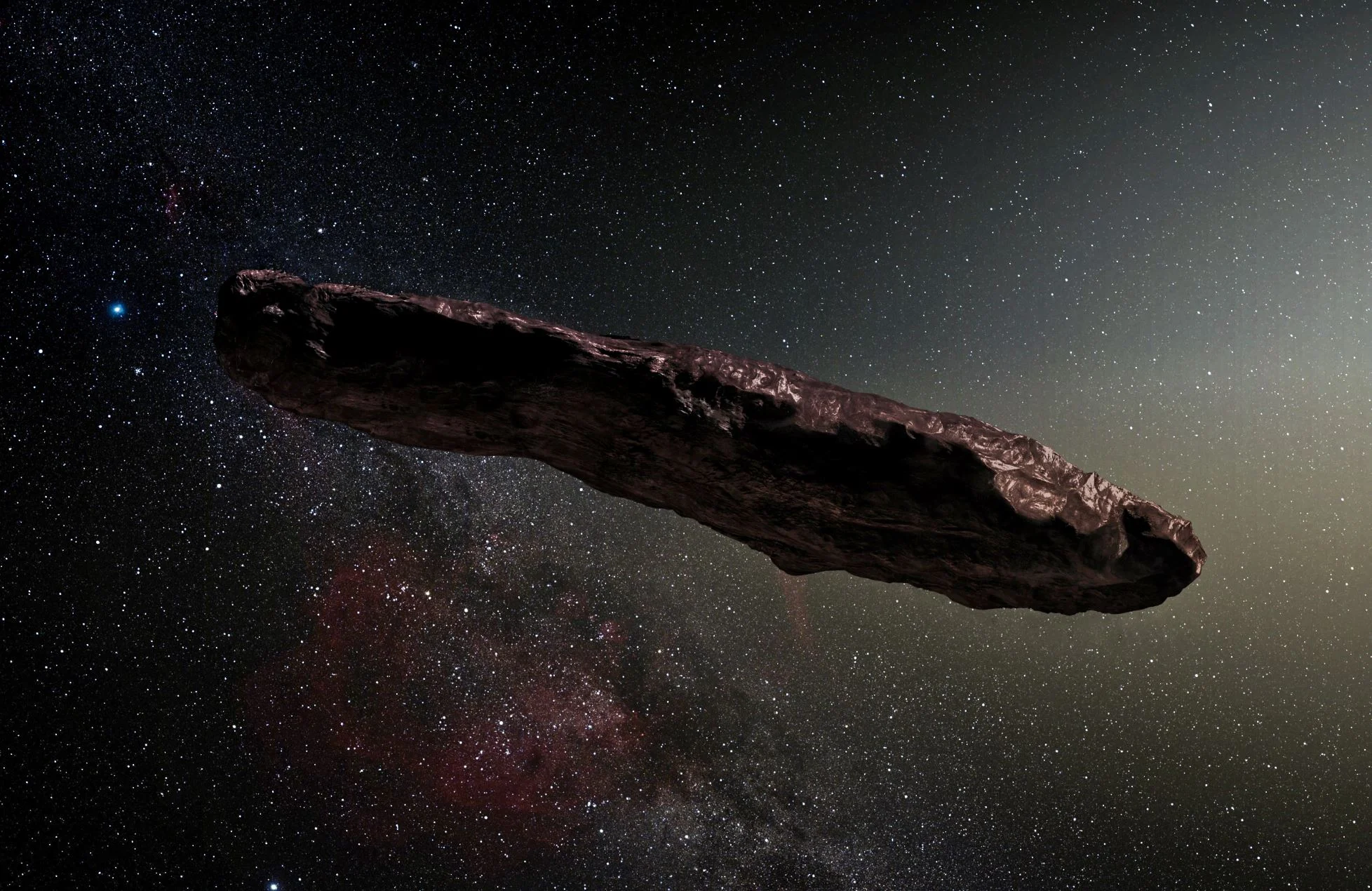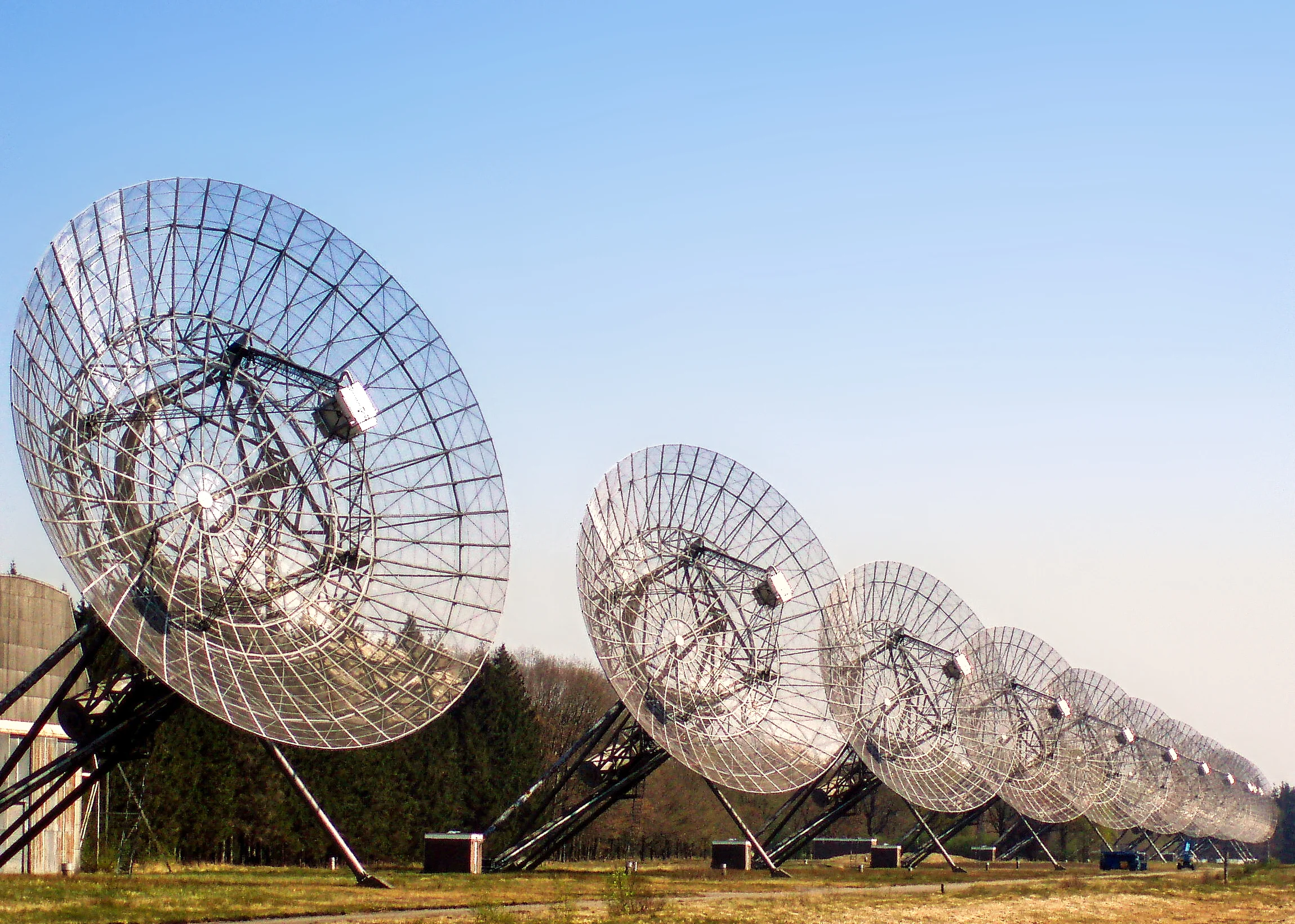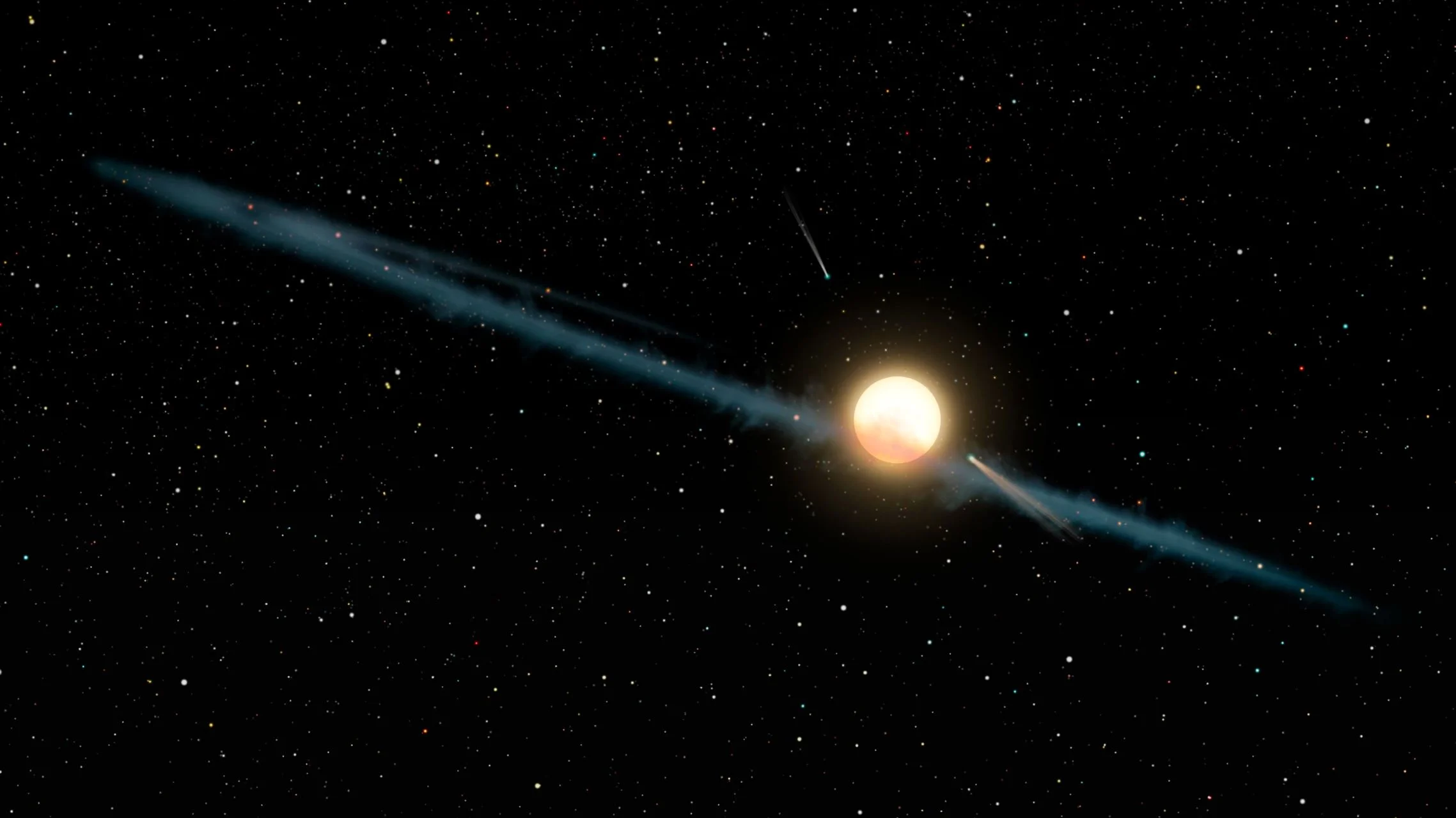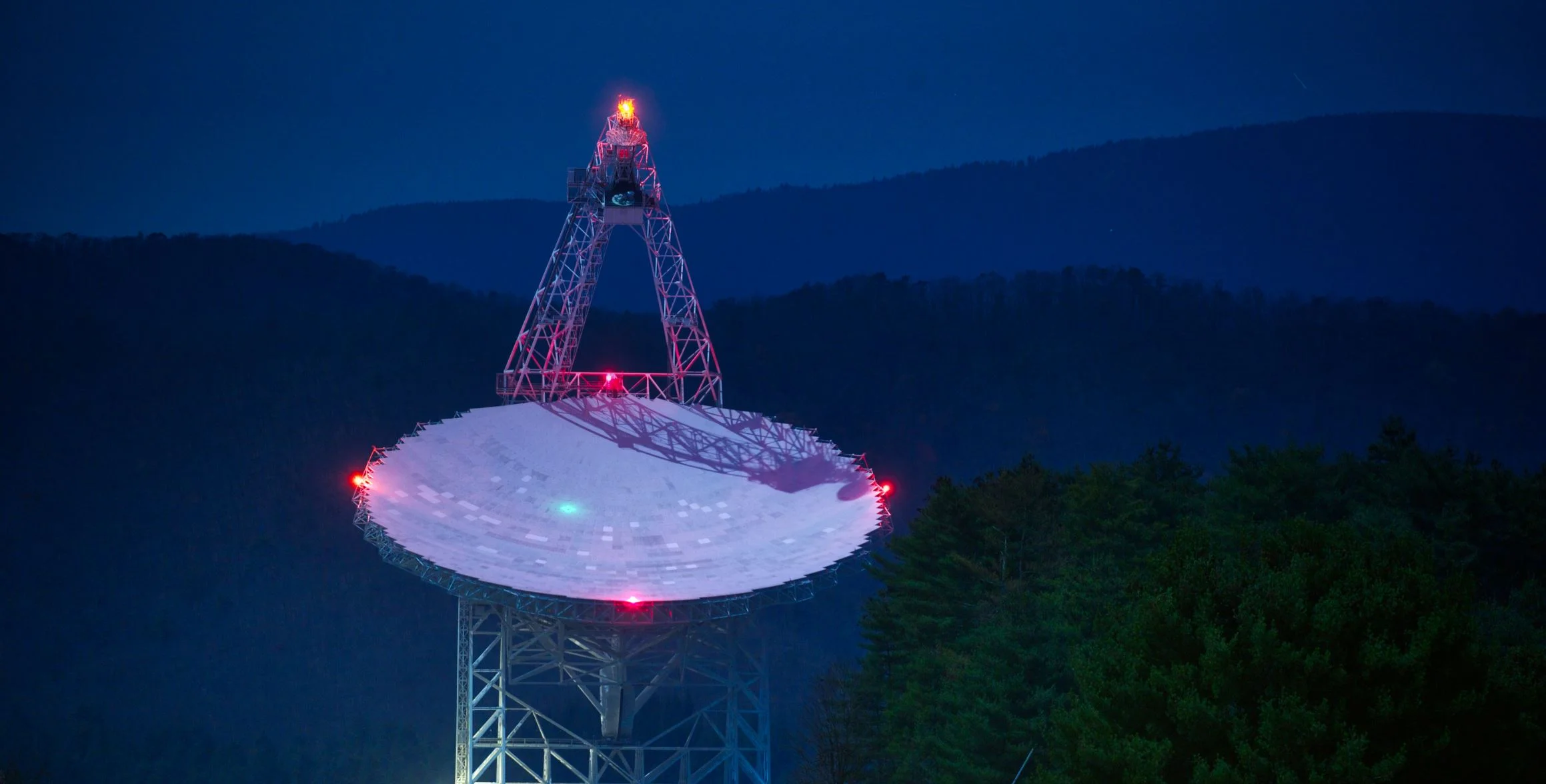An international team of astronomers filmed a small, flashing black hole in our Milky Way using unique, specialized high-speed cameras. The stellar black hole feeds on material from a nearby star and flashes hundreds of times per second. The researchers publish their findings in the journal Monthly Notices of the Royal Astronomical Society Letters.
Research connects owning a dog with living a longer life
The forgotten benefits of a ‘bad’ memory
Scientists claim that planet 9 could actually be a primordial black hole with a diameter of just a few centimeters
Why microbes and not humans should be the first 'Earthly pioneers' to settle on Mars
Why we age – new theories gaining ground
Samsung is developing technology that makes smartphones able to create holographic projections
Scientists predict a lot more interstellar objects coming our way
Functional quantum internet just got a step closer to reality
An Alzheimer’s study used electrostimulation to evoke vivid memories – here’s what it could mean
Six galaxies discovered that shouldn't exist due to their mysterious lack of dark matter
Contrary to popular belief, study shows that cats are actually really attached to their humans
New simulations show that in a distant past, Venus might have been habitable for billions of years on end
Scientists successfully used self-learning neural networks to study dark matter
Enceladus Causes Snowfall On Other Moons of Saturn
New Battery Tech: Capacity is Likely to Improve while Charge Time Could be Cut Using 'Nanochains'
Something is killing galaxies, and scientists are on the case
Scientists may finally have an explanation for the mysteriously dimming star that has captivated us for years
Scientists discovered the most massive neutron star ever, almost too enormous to exist!
New measurements show that the universe is expanding faster than we thought
An international team of scientists has measured a new, higher value for the speed at which the universe expands. They used two massive galaxies as "gravitational lenses" to investigate the light from remote objects. The study was led by the Max Planck Institute for Astrophysics in Garching in Germany.
















